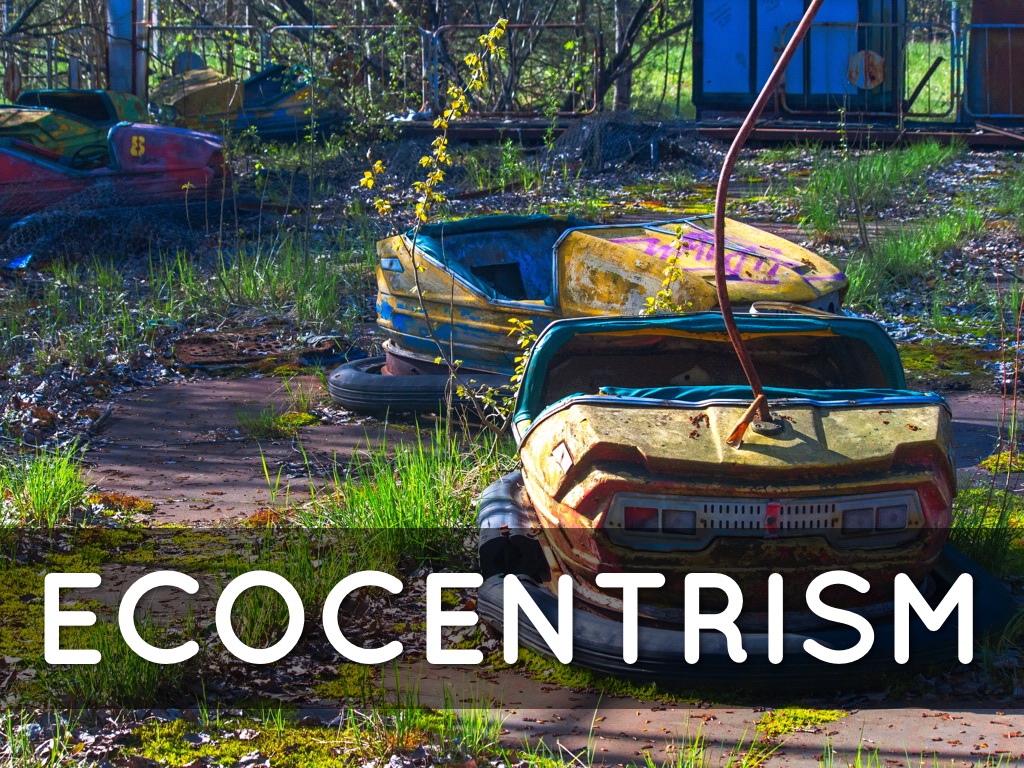Ecological Civilization
Proceedings
International Conference on
Ecological Civilization and Environmental Reporting
Yale Center Beijing
June 16, 2015
Sponsors
Communication University of China
Pulitzer Center on Crisis Reporting
Yale School of Forestry and Environmental Studies
Introduction
It is easy to assume that China’s environmental challenges are China’s alone. The bad air or unsafe food or toxic rivers we read about have no effect on us, we might think, and nothing to do with the world’s demand for the flood of inexpensive, high-quality consumer goods that has fueled the Chinese economic miracle. But “China is a global factory,” says anthropologist Dan Smyer Yu of Yunnan Minzu University. “However you consume, whatever you consume, pay attention to the label ‘Made in China.’ So each of us has a responsibility for the environmental practices of China. China’s environmental issue is a global issue. We have to take responsibility, each of us.”
 Smyer Yu was among an extraordinarily diverse group of specialists who gathered at Yale Center Beijing in June to engage an issue that is close to home for us all—the state of our environment. But they also addressed a dimension of this topic that is new, and significant—how our diverse religious and cultural traditions might contribute to assuring a sustainable, healthy world for generations to come.
Smyer Yu was among an extraordinarily diverse group of specialists who gathered at Yale Center Beijing in June to engage an issue that is close to home for us all—the state of our environment. But they also addressed a dimension of this topic that is new, and significant—how our diverse religious and cultural traditions might contribute to assuring a sustainable, healthy world for generations to come.
The conference was co-sponsored by the Pulitzer Center, the Communication University of China, and the Yale School of Forestry and Environmental Studies. Participants included environmental specialists and business people, government officials and religious leaders, journalists and academics. Their presentations, and the notably candid exchanges of views, are excerpted in the pages that follow.
The conference took place just as the Vatican issued the Encyclical on the Environment, Pope Francis’s demand that the world address, in an equitable way, the realities of climate change. We are publishing these conference proceedings at another important moment, as the Pope makes his first visit to the United States and as China’s President Xi Jinping makes his first state visit to Washington.
Francis’s call for renewed environmental stewardship has generated huge public attention. Less noted, and striking, is comparable language from Xi and other senior Chinese leaders. “Ecological civilization” will address China’s environmental challenges, they pledge, in part by invoking the religious and cultural touchstones that have informed Chinese society for millennia—traditions such as Confucianism, Daoism, and Buddhism that had been officially suppressed during seven decades of Communist Party rule.




 Ecology Writings
Ecology Writings



 Smyer Yu was among an extraordinarily diverse group of specialists who gathered at Yale Center Beijing in June to engage an issue that is close to home for us all—the state of our environment. But they also addressed a dimension of this topic that is new, and significant—how our diverse religious and cultural traditions might contribute to assuring a sustainable, healthy world for generations to come.
Smyer Yu was among an extraordinarily diverse group of specialists who gathered at Yale Center Beijing in June to engage an issue that is close to home for us all—the state of our environment. But they also addressed a dimension of this topic that is new, and significant—how our diverse religious and cultural traditions might contribute to assuring a sustainable, healthy world for generations to come.



